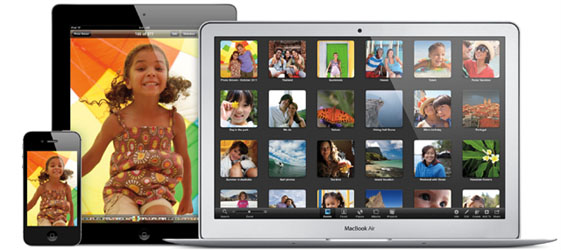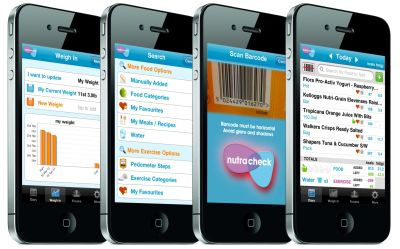What Apple Plans to Do with iCloud
With its customary “i” prefix for its brands, tech major Apple says its iCloud – a set of free cloud services, including iTunes in the Cloud, Photo Stream and Documents in the Cloud – will be available on October 12.
It will work seamlessly with your iPhone, iPad, iPod touch, Mac or PC to automatically and wirelessly store your content in iCloud and push it to all your devices. iCloud stores your music, photos, apps, contacts, calendars, documents and more, keeping them up to date across all your devices. When content changes on one device, all your other devices are updated automatically and wirelessly.
Of late, Apple had decided to ramp iCloud in its three data centers, including the third recently completed in Maiden, NC. Apple has invested over $500 million in its Maiden data center to support the expected customer demand for the free iCloud services. (Read: Apple iCloud Goes in the Cloud)
“iCloud is the easiest way to manage your content, because iCloud does it all for you and goes far beyond anything available today,” said Eddy Cue, Apple’s senior vice president of Internet Software and Services. “You don’t have to think about syncing your devices, because it happens automatically, and it is free.”
[ Also Read: Ali Shadman Reveals the Secrets of Cloud Computing ]iCloud will be available concurrently with iOS 5, which is claimed to be the world’s most advanced mobile operating system.
It includes over 200 new features including Notification Center, an innovative way to easily view and manage notifications in one place without interruption; iMessage, a new messaging service that lets you easily send text messages, photos and videos between all iOS 5 users; and Newsstand, a new way to purchase and organize your newspaper and magazine subscriptions.
[ Also Read: Keep Your Friends Close and CIOs Closer ]According to the company, iCloud will be available on October 12 as a free download to iPhone, iPad or iPod touch users running iOS 5 or a Mac running OS X Lion with a valid Apple ID.
iCloud includes 5GB of free cloud storage for Mail, Document Storage and Backup. Purchased music, TV shows, apps, books and Photo Stream do not count against the storage limit.
Using iCloud with a PC requires Windows Vista or Windows 7; Outlook 2010 or 2007 is recommended for accessing contacts and calendars. Additional iCloud storage upgrades are available to purchase starting at $20 a year for 10GB, $40 a year for 20GB and $100 a year for 50GB.
iOS 5 will be available as a free software update for iPhone 4S, iPhone 4, iPhone 3GS, iPad 2, iPad and iPod touch (third and fourth generation) customers, allowing them to experience the new features.






